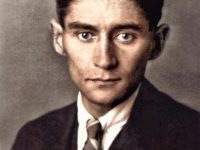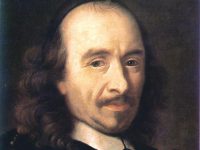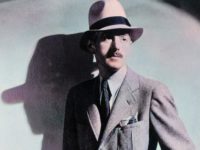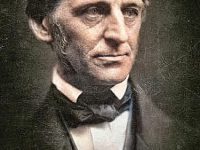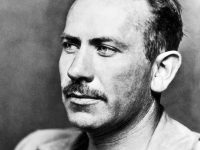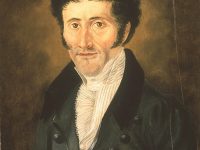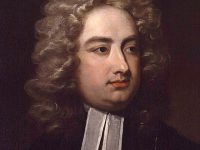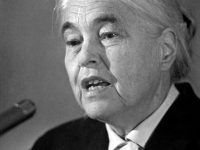Franz Kafka – A struggle between “Bureau” and literary vocation
On July 3, 1883, German-speaking Bohemian Jewish novelist and short-story writer Franz Kafka was born. Kafka’s works are counted among the canons of world literature. For the description of his unusual way of portrayal a separate word has developed: “kafkaesque“. Most of Kafka’s works were published after his death and against his last will and testament by Max Brod, a close friend and confidant whom Kafka had appointed as executor. “As Gregor…
Read more

